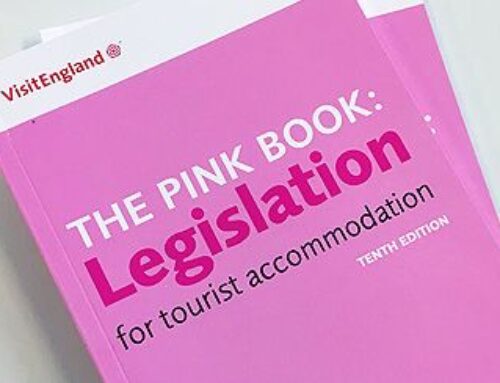Introduction
Hospitality operators often provide accommodation for staff. This has been done for many years by larger operators such as Butlin’s, with some 800 live in staff on their Minehead resort. The practice has grown particularly with greater recruitment of overseas staff and also in the south west property hotspots, where employees simply cannot afford to finance their own local accommodation. So the employer has stepped into the breach – assisted by the fact that their business is in provision of accommodation and services to guests.
How the accommodation is paid for (or not) by the employee has implications for both tax/National Insurance and the Minimum Wage. There are some tax/NI savings, but more crucially what the employee pays for the accommodation is taken some account of in calculation of the Minimum Wage, which it is illegal to breach.
How it Works
The accommodation offset is a figure set by the government as a limit to the amount that can be considered as a value of provision of accommodation by an employer for an employee, that counts towards the national minimum wage.
The current (2016/17) accommodation offset rate is £6 per day or £42 per week.
Thus an employee earning £300 per week and living free of rent, utility bills, laundry, décor and furnishings, is considered to earn £342.
If the employee works 40 hours per week, the hourly rate of pay computes as £8.55.
This is in excess of the National Living Wage of £7.20 and so is legal.
If the employee earned a gross of £245 per week, plus the accommodation offset of £42, would give a weekly wage for NLW purposes of £287 – an hourly rate of £7.175, which is below £7.20 and illegal.
Charging an Accommodation Rate Greater than Offset
In the example above, the employee was considered to earn £300, which derived £8.55 as the rate per hour – legal for purposes of NLW. But what if the employer charged the employee for the accommodation? At some level of charge the employees rate per hour would drop below the legal minimum.
If the employee was charged £15 per week for the accommodation and this was taken as a deduction from gross pay, giving a revised gross of £285, then the hourly rate would become £7.125 – below the NLW of £7.20. The example would still be illegal even if the money were to be charged by means other than payroll – in other words, a rental or licence to occupy contract.
A Sting in the Tail
The above examples have been easy to follow by giving the amount of pay for the week. Where the rate of pay is based on hours worked, weekly income will vary, whereas the accommodation charge will be static, based on the number of days of occupancy of the accommodation. Thus it is possible that reduced hours worked will push the employee into a reduced wage (after accommodation charge) that is below NLW and so illegal.
Employers need to be wary of accidentally falling into a trap of paying less than the NLW and being later found to be illegal. The HMRC penalty for this can be up to 200% of the underpayment, subject to a maximum of £20k per employee.
Tax Impacts
If the accommodation is paid for by the employee receiving a lesser gross wage, (ie the cost of accommodation is deducted before arriving at gross wage, so may be considered free) this saves the employee some tax/NI and the employer some NI.
However, except as noted below, the employee and employer will then suffer under benefit in kind legislation and the annual form P11D will need to be completed and submitted to HMRC. This will mean that the employer then pays employers National Insurance on the amount and the employee will suffer income tax, via adjustment of their PAYE tax code.
The exception to these tax charges will be if it can be shown that the employee is a manager of licensed premises, or someone shown to be similarly useful for carrying out a proper performance of their duties.




